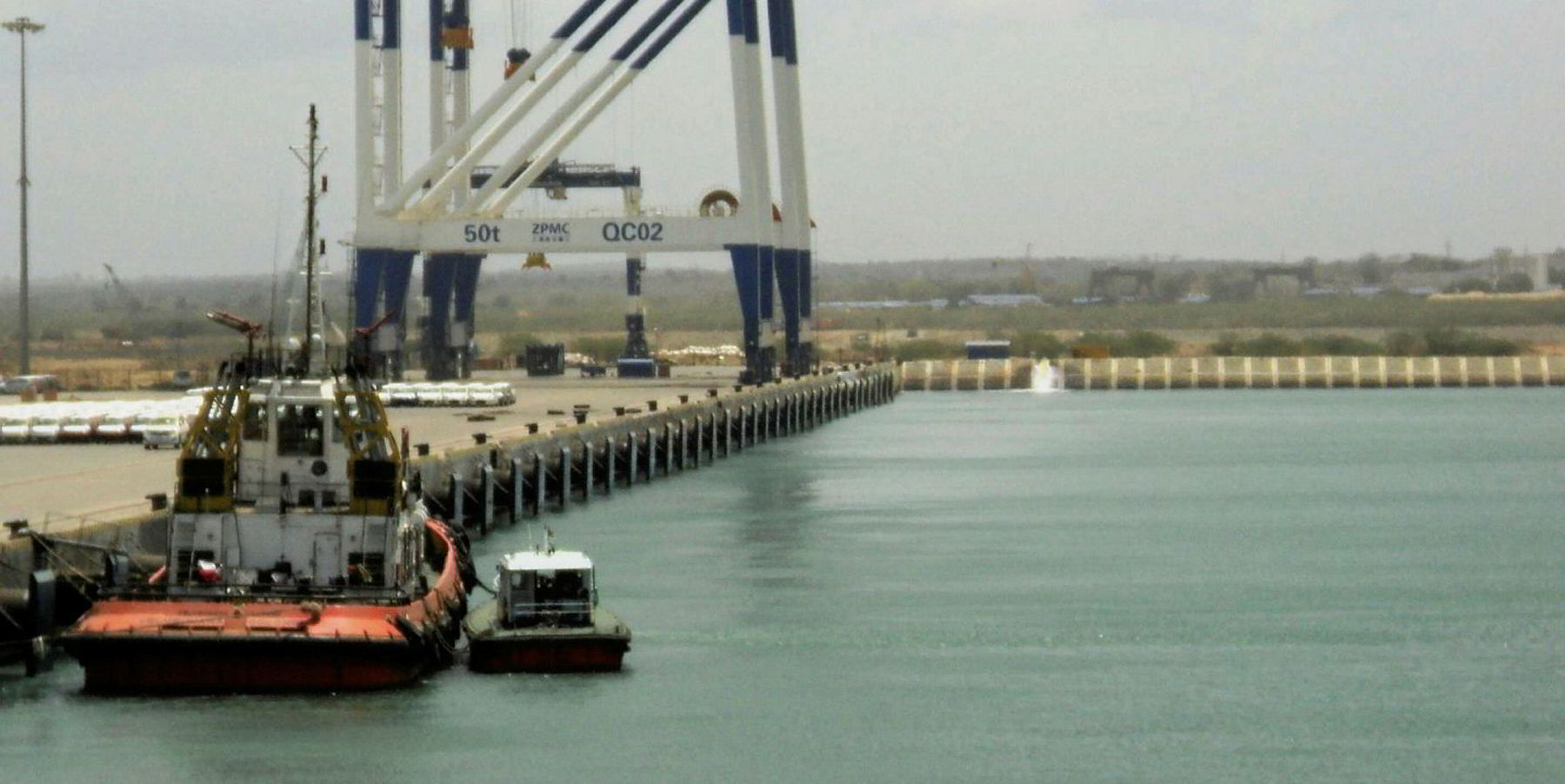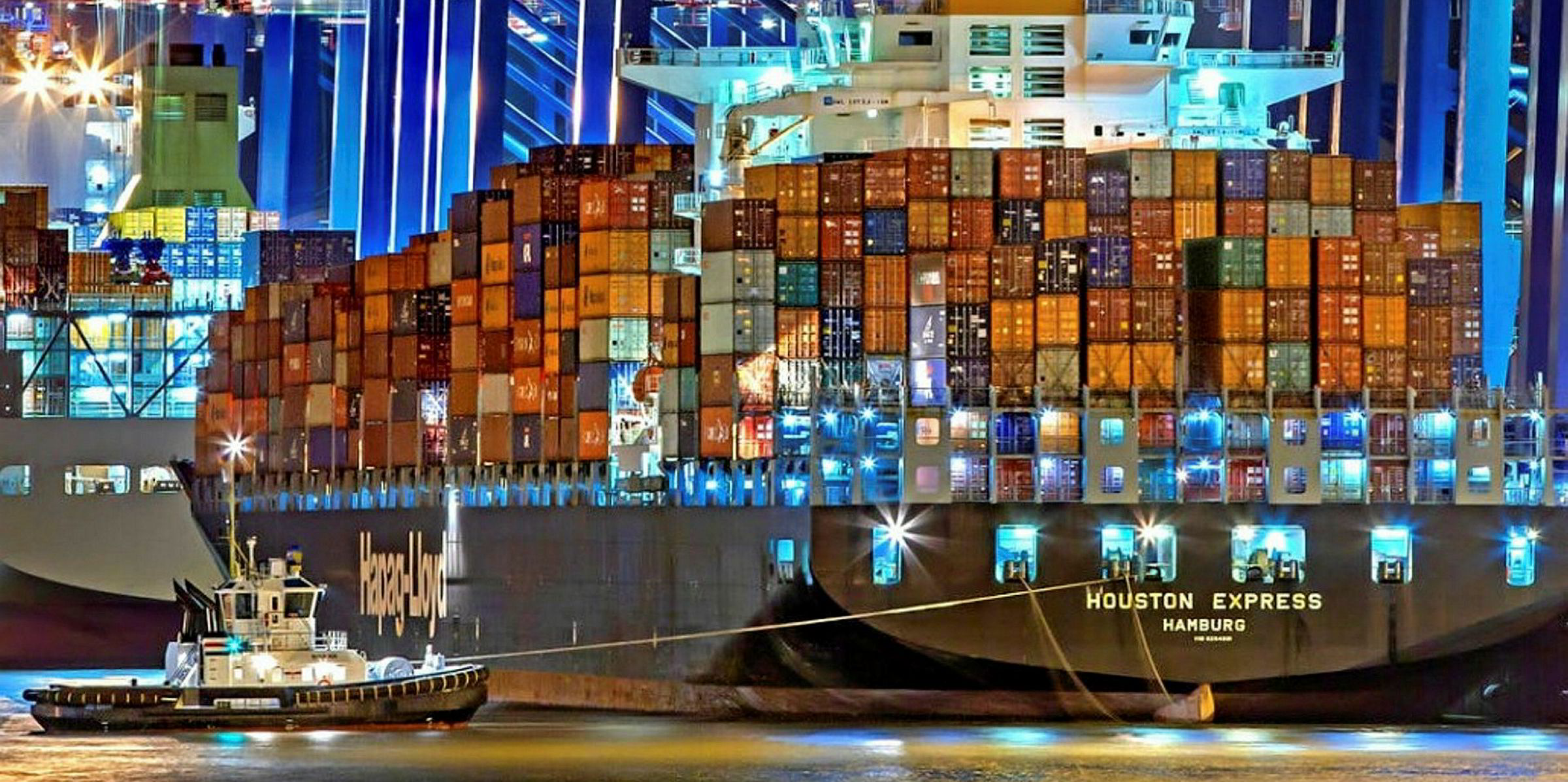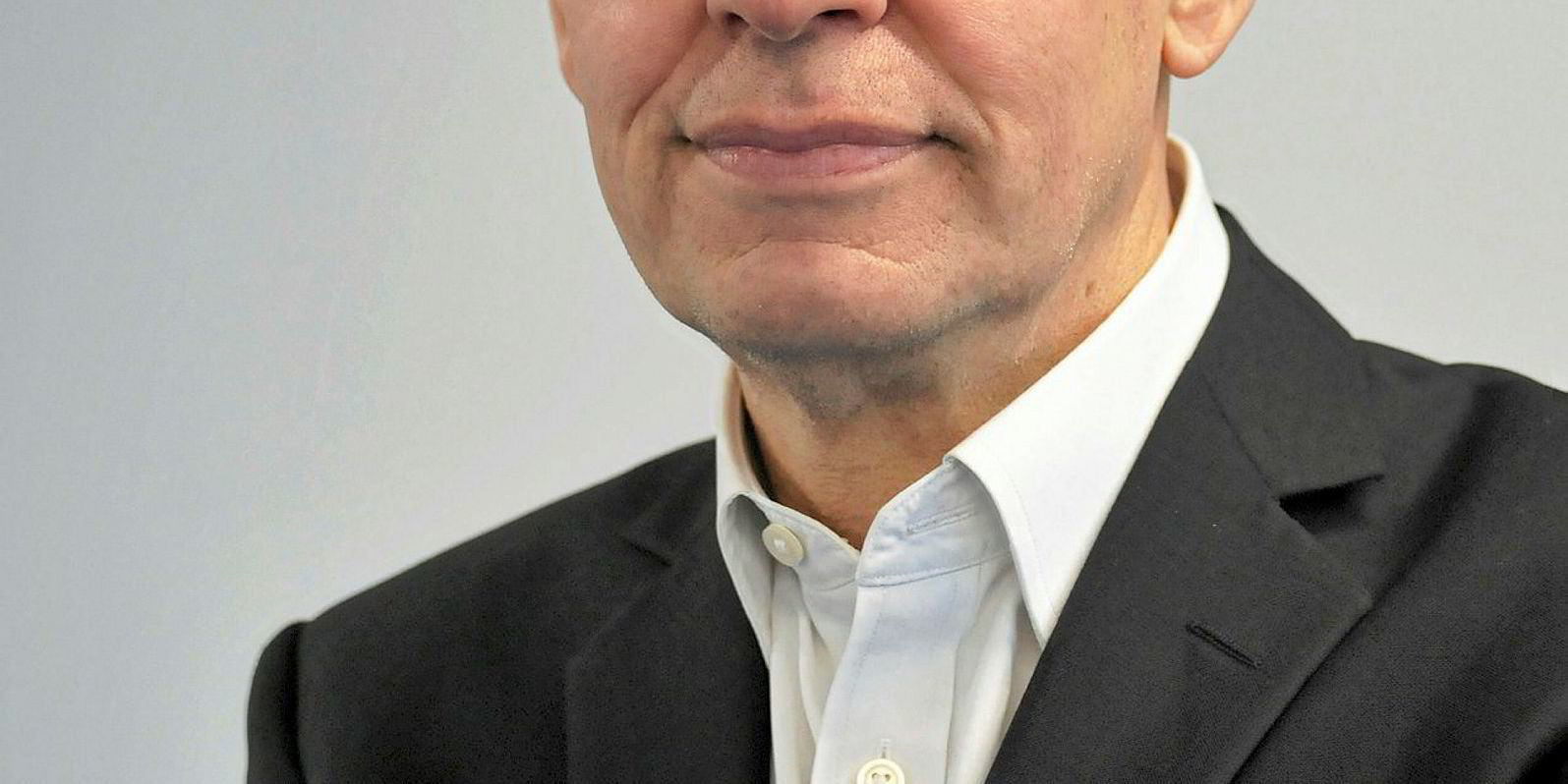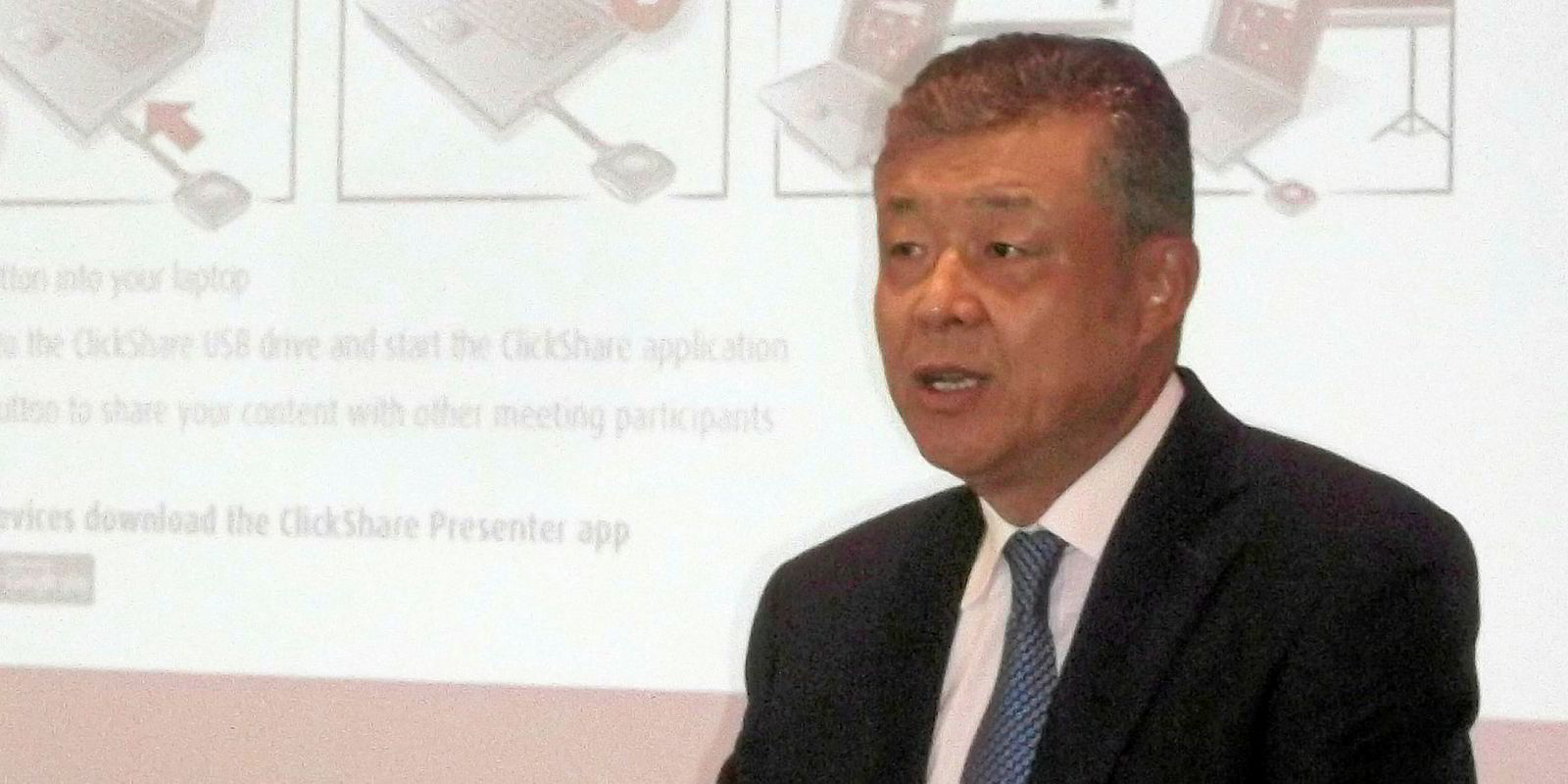Hambantota, on Sri Lanka's underdeveloped southern coast, has become a key part of Chinese President Xi Jinping's Belt and Road Initiative (BRI) brand.
The greenfield port in the home region of China-friendly former president Mahinda Rajapaksa, along with highway and airport projects nearby and extensive port development at Colombo, actually predates the BRI and its main Maritime Silk Road component announced in 2013.
But the BRI incorporated initiatives already underway under previous leader Hu Jintao as China strove to go beyond opening to the world and participate in controlling its supply chain.
Geopolitical influence
Hambantota is also a token of shifting geopolitical influences on the BRI.
Construction of the $1bn project got underway in 2008 with financing from the Export Import Bank of China. Since opening in 2010, it has failed to generate regular business other than automotive transshipment.
In 2017, amid domestic discontent with BRI projects, Sri Lanka sold the port back to operator China Merchants Port Holdings (CMPH) to cover the construction debt.
Current President Maithripala Sirisena has struggled to balance Indian and Chinese influence while trying to promote continued development.
To visiting US and Indian diplomats, CMPH-controlled Hambantota International Port Group has underscored that its security is led by retired Sri Lankan admiral Jayantha de Silva, not China's People's Liberation Army Navy (PLAN).
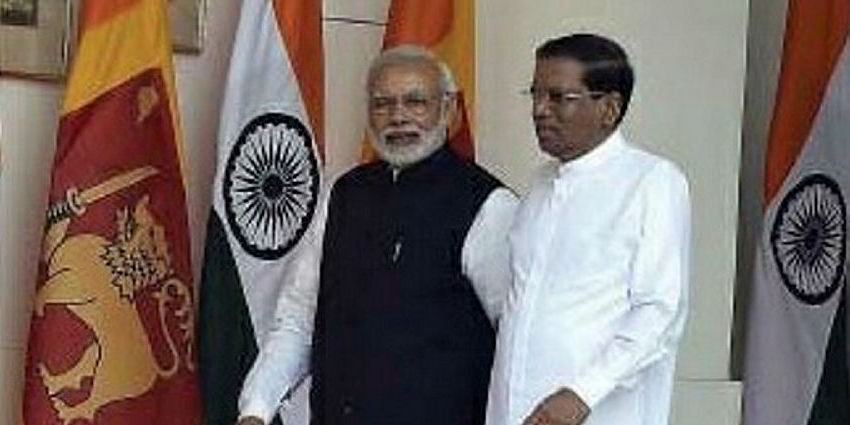
Hambantota is so hungry for business that last year it announced it would put its expensive facilities to work as a vessel lay-up site. But so far only a couple of customers have turned up.
Beyond BRI
Last month, however, Hambantota got a new boost that was nothing to do with China or the BRI. Wire service Reuters broke news of plans for a large export-oriented oil refinery to be built near the Hambantota facility by Singapore-based Silver Park International.
Previously unknown Silver Park, a joint venture controlled by the Chennai-based Accord Group. Accord is a cement and construction aggregates manufacturer, but the Sultanate of Oman's oil and gas ministry is taking part as a 30% minority shareholder in Silver Park.
The $3.85bn Indian-Omani project is being touted as the single biggest foreign direct investment in Sri Lanka's history — in plain text, bigger than any of China's BRI investments.
According to project documents cited by Reuters, groundbreaking is set to have taken place before this newspaper is printed and ships could be calling at the finished refinery by the end of 2022.
This article is part of the Maritime Asia business focus. Read the full report in the next weekly edition.
